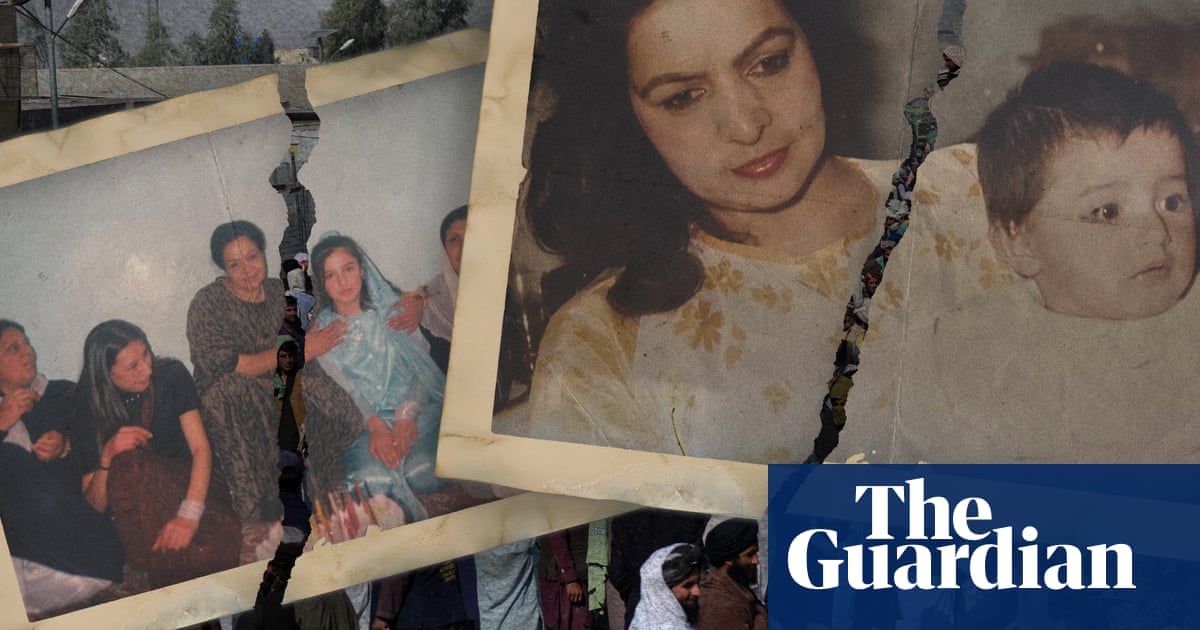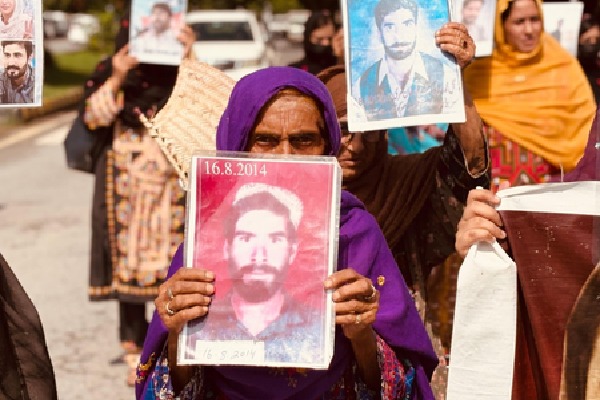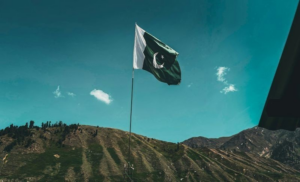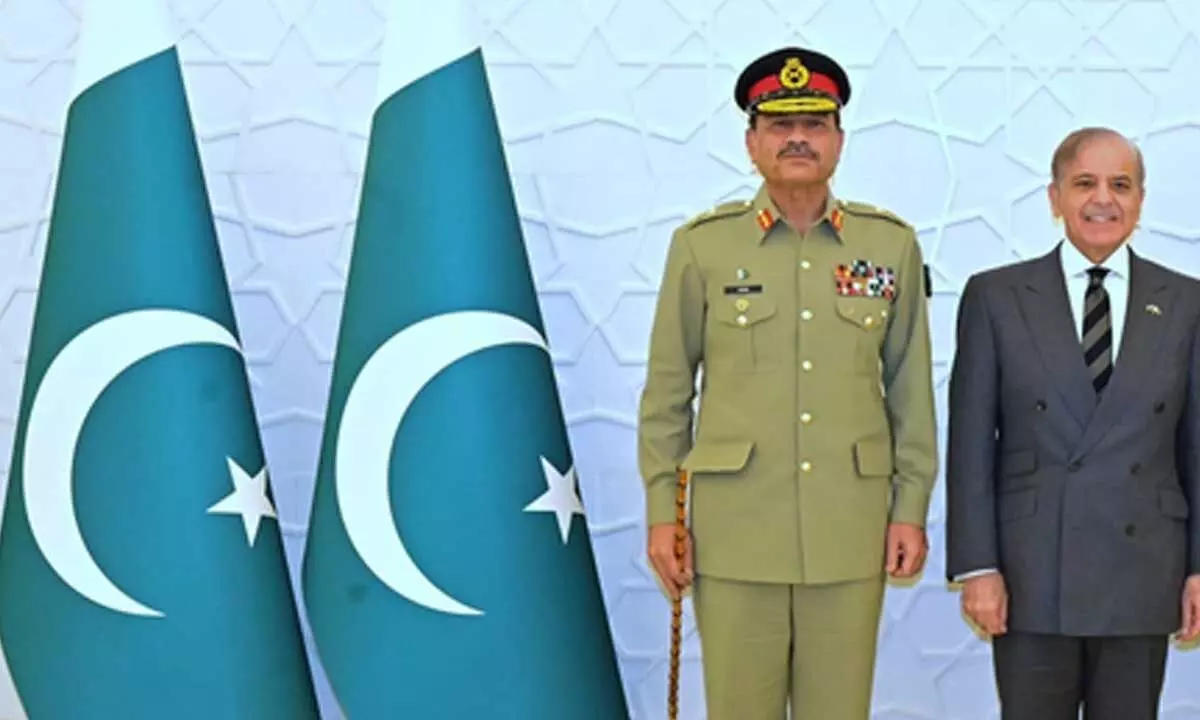
In a picturesque Bavarian town, Nargis Orakzai is recalling the long hours she spent at the Afghan finance ministry before she fled the country last year and resettled in Germany.
“I would go to the office from 7am and often worked late. Then I would go to the university where I was pursuing a bachelor’s degree in business administration,” the 30-year-old recalls. It was, she says, a hectic but satisfying life.
Then she describes how quickly that changed when the Taliban seized control of the country last August, and echoes the words so many of her peers use to describe the sudden and awful end to a life she loved. “I still can’t believe that we lost everything we worked for in the last 20 years,” she says. “All our efforts, all the money we invested, everything washed away.”
Today, Orakzai spends most of her hours learning the language of her adopted country. “I am grateful to be here, and for the freedoms it offers,” she says. But she makes time each day to call her mother back home in Kabul. “I talk to her for an hour each day. If not, I would not be able to sleep at night.”
Like millions who fled Afghanistan, Orakzai has left behind family members she knows she may never see again. More than 220,000 Afghans have sought asylum in neighbouring countries such as Pakistan and Iran since January 2021, and more than 70% of them arrived after August 2021, according to the UNHCR, the UN refugee agency.
Nargis photographed where she now lives in Oberelsbach, Lower Franconia. Photograph: Daniel Vogl/The Guardian
While there are no official estimates for how many of those who fled are women, the specific threat posed to professional women, or those in education in Afghanistan, is likely to have spurred an unusually high number of young women to flee.
Many others have relocated to Europe. As many as 700 of Afghanistan’s female judges, lawmakers, journalists and lawyers are reported to have arrived in Greece in the months after the Taliban took over. Germany received nearly 9,000 asylum applications from Afghan women in the period between August 2021 and April 2022, and took in 2,070 women, according to government data.
“In terms of people who cross borders, in general, women would usually be in the minority because it’s extremely risky to leave,” says Peter Kessler, of the UNHCR. “In neighbouring countries, there are patrols and smugglers … the risk of violence is high.”
But the specific impact of Taliban rule on women’s lives, including the recent decree that women must wear a burqa and are only allowed to leave the house with a mahram (a male guardian), has led to a “brain drain” of young, educated professional women.
For Orakzai, these rules are an attack on her identity as a woman. “The Taliban defended their latest decree, saying that the burqa is not enforced, but at the same time, they are restricting women who work with these rules. I don’t think any woman would have the courage to continue work in such a situation,” she says.
Orakzai’s mother, Negina, is among the thousands of Afghan women who lost their job and income when the Taliban took over. Negina, 63, was due to retire in two years, after 40 years as a civil servant, which included a similar forced hiatus in the 1990s when the Taliban took control.
“The last time, we had to wear burqas and were not allowed into the office. I lost my job but I went back to work as soon as they were gone,” she tells the Guardian. “Now, we’re here again. I never thought that this day would come.” Her fear is such that Negina does not wish for her full name to be used, nor her picture taken.
My mother supported me in everything I did, and now I can’t support her when she needs me
Orakzai has faint memories of growing up under Taliban rule. “I was very young, but I remember the situation was tough. I was deprived of education. The only school I was allowed to go to was religious studies at the mosque, and the only book allowed was the Qur’an. So we would hide our books inside Qur’an covers and go to secret schools,” she recalls.
Negina holds out hope that the Taliban may keep their promise to allow women back into schools and workplaces. “They still say they will allow women to work and study if we wear a hijab and in gender-segregated areas. For the sake of the future generation, I hope they will allow girls to be educated.”
Negina says she is heartbroken at her separation from Orakzai. “I had only one daughter, and I gave her all my love,” she says, between sobs. She says she goes from room to room, in her house, talking to Orakzai’s photos. “I tell her: ‘My dearest, you look at me but why won’t you talk to me?’
“There is not a single moment when I don’t think of my sweet child, when I am awake and even when I am asleep.”
Thousands of miles away, Orakzai can feel her mother’s pain. “My mum is my best friend. She is the first person I would tell things to. I shared everything; my happiness and my problems.
Mother and daughter at the centre of a celebration in Afghanistan before the Taliban takeover. Photograph: Courtesy of Nargis Orokzai
“My mother supported me in everything I did, and now I can’t support her when she needs me. I am living a nightmare.”
Yet she is grateful for the freedoms guaranteed to her in Germany. “I feel so good doing basic things such as travelling by car or walking alone, having the freedom to come home late,” she says.
“When you are losing everything around you, having freedoms and control over your life becomes very important.”
Sign up for Her Stage to hear directly from incredible women in the developing world on the issues that matter to them, delivered to your inbox monthly:








